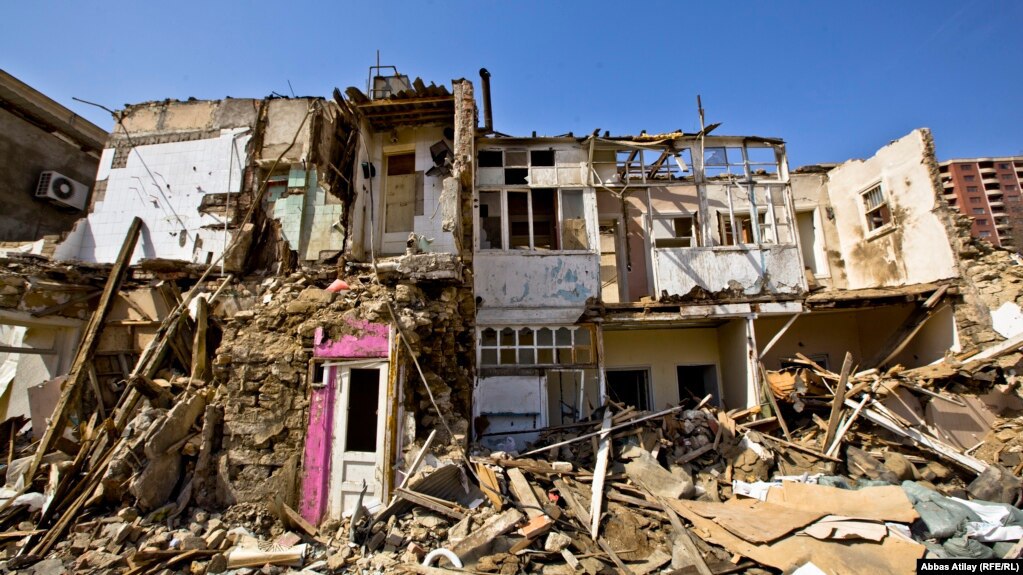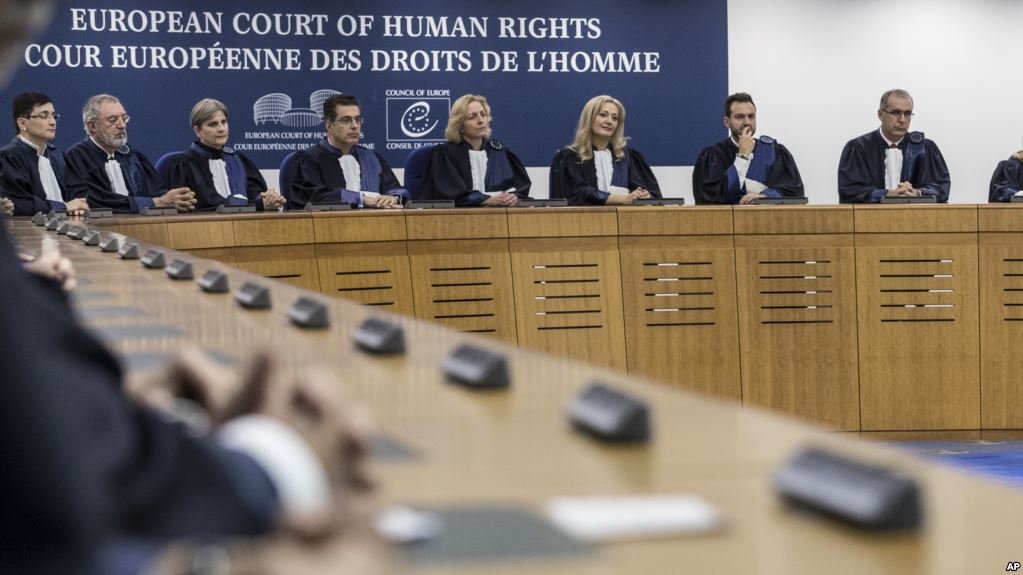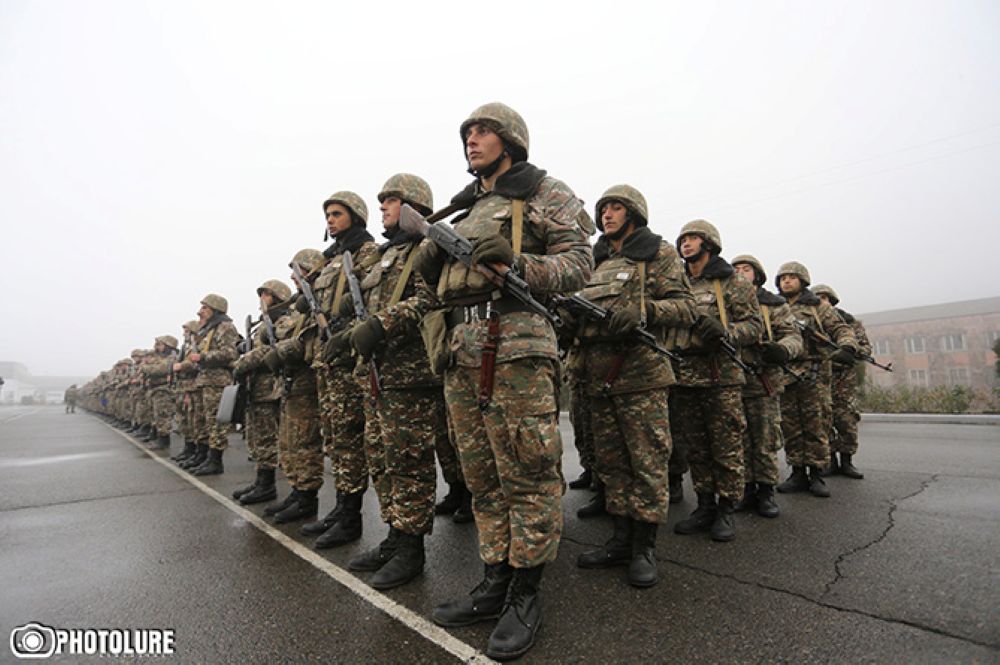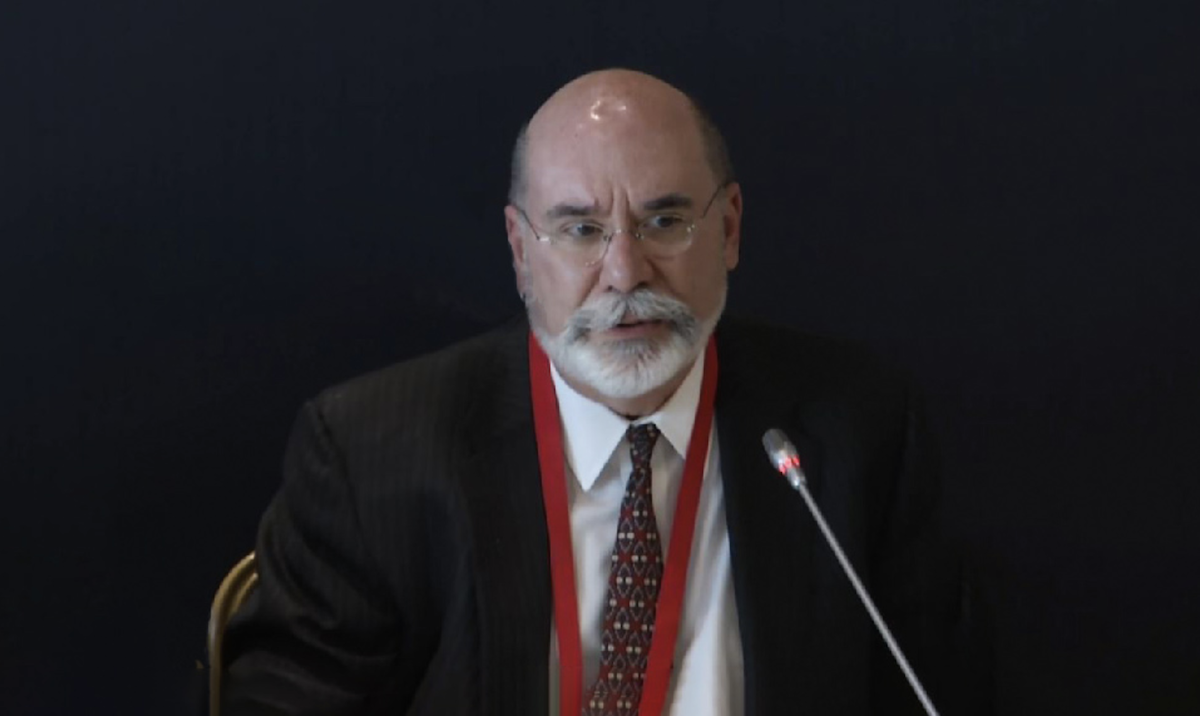Number of complaints to ECHR from Azerbaijan nearly doubles in two years
Complaints to ECHR from Azerbaijan
The Strasbourg court has issued two more rulings on Azerbaijan, recognizing violations of applicants’ property rights and other rights, though compensation amounts have yet to be determined. The applicants themselves are seeking around €6 million in total for material and moral damages, as well as legal costs. Meanwhile, the number of complaints submitted to the European Court from Azerbaijan has nearly doubled over the past two years.
- Gambling in Armenia: total bets increase 17-fold since 2018
- US Embassy: “Georgian Dream’s accusations are false and misinterpret Trump’s priorities”
- Azerbaijani security services announce operation against terrorist group
Tahira Salamova and others v. Azerbaijan
The European Court of Human Rights (ECHR) issued two rulings on 4 February regarding complaints from 14 applicants from Azerbaijan, according to the legal information website aihmaz.org.
The applicants challenged violations of property rights during the demolition of their homes for the construction of the “Winter Park” in central Baku and the failure to provide fair compensation.
By order of the head of Baku’s Executive Authority on 24 September 2008, more than 500 residential and non-residential buildings were demolished on Fizuli, Samed Vurgun, Shamsi Badalbeyli, and Topchibashev streets, and residents were relocated.
After their properties were demolished against their will, the applicants signed agreements with various legal entities. These agreements stipulated compensation of 1,500 manats (approximately $880) per square meter of expropriated property. Some applicants also suffered violence from officials during the demolition process.
Although the applicants challenged the legality of the demolition and expropriation of their properties in local courts, their efforts were unsuccessful. As a result, they turned to the ECHR.
The applicants also asked the Strasbourg court to recognize violations of their rights to a fair trial, respect for private life, effective legal remedies, the right to lodge an individual complaint, and others.
The ECHR ruled that the property rights of Tahira Salamova, Tamilla Mamedova, Nadezhda Sandler, Zohra Gajiyeva, Reykhan Guseynova, Zaman Makhmudov, Agali Khudaev, Alla Fataliyeva, Ilgar Novruzov, Bashkhanim Abbasova, Shakhbeyim Guseynova, Ikram Mirzoyev, Fira Ilkanaeva, and Gunel Ismikhanova had been violated.
However, the court stated that it was not yet ready to decide on compensation payments. The Azerbaijani government has been given three months to propose compensation measures, while the ECHR has reserved the right to determine compensation itself if necessary.
The applicants are seeking a total of 10,263,000 manats (approximately $6 million) and €202,500 in compensation for material and moral damages, as well as legal costs. Their interests were represented at the ECHR by lawyers Intigam Aliyev and Samira Agayeva.
Increase in complaints to ECHR from Azerbaijan
In 2024, the Strasbourg court issued 39 rulings concerning Azerbaijan.
In 38 of these cases, at least one violation of the European Convention on Human Rights was identified. Only one ruling found no violations.
These figures were announced at a press conference by the ECHR president following the court’s 2024 review, according to the legal information website aihmaz.org.
The majority of rulings concerning Azerbaijan highlighted violations of the right to a fair trial, which were identified in 20 cases.
Additionally, property rights violations were confirmed in eight cases, instances of torture in six, breaches of freedom of expression in five, and violations of the right to liberty and personal security, as well as private and family life, in four cases each.
Currently, 1,968 complaints from Azerbaijan are awaiting review at the ECHR, placing the country eighth in terms of pending cases.
Meanwhile, the number of complaints from Azerbaijan continues to rise. In 2022, the ECHR received 389 applications from the country, increasing to 438 in 2023 and reaching 600 in 2024.




















